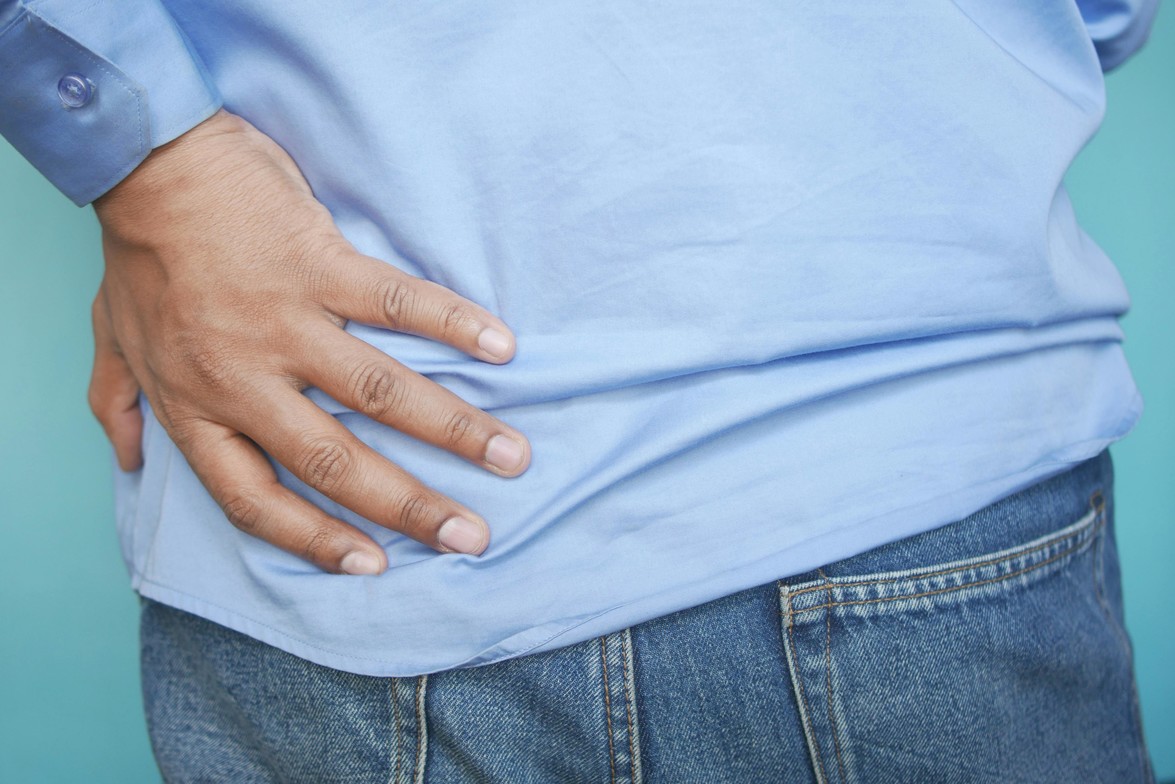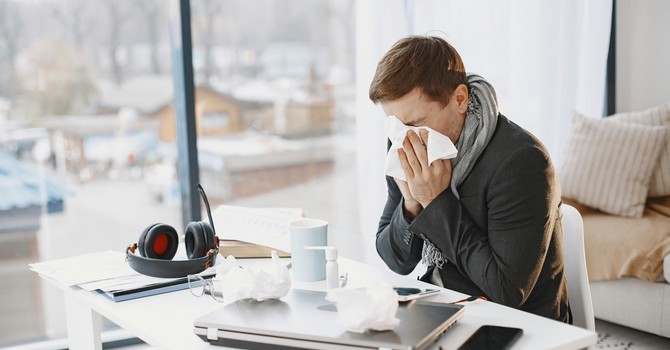
Have you ever been walking down the road or around your house and felt your hips clicking?
Maybe you’ve also heard your hips popping or cracking a little bit. If so, this may be the sign of an underlying problem.
The muscles that are usually responsible for flexing your hips when you walk are known as the hip flexors, one of which is the psoas.
This muscle starts at your lower spine and passes down through your pelvis. It attaches to your thigh bone (the femur), which enables it to perform its function of hip flexion.
This muscle can often get tight, especially if you are somebody who sits in an office chair all day and you don’t perform very much exercise. When this muscle is tight, it can cause a range of problems. You can experience a sore lower back, aching buttocks, and clicking hips.
Your pelvic region is very bony and when your hip flexors are tight, it can cause your tendons to rub over the bony protrusions in your pelvis. It’s this interaction between your tendons and bones that can cause the audible clicking or grinding noises that appear to come from your hips.
Over time, the tendon can become irritated and inflamed, which worsen's the problem. Certain injuries or overuse of the tendon can also result in inflammation and excessive hip clicking. This is a condition that is informally known as dancer's hip because many dancers experience these problems due to overuse of the joints.
Pain in the hip area and constant clicking or grinding is regularly experienced by athletes and runners as well. Again, this is due to overuse of the joints and tendons.
You may not necessarily always hear an audible click in your hips but you might feel the sensation of popping or grinding. This is still something to be aware of and you should still take action to reduce the tension in your hips.
Many times, the main treatment for dancer's hip or clicking hips is rest and recovery. While you are resting, it’s a good idea to stretch out the hip flexor muscles to reduce tightness and tension in the area.
You may need to avoid high-intensity activities, such as sports, running, and dancing. Instead, it’s best to stick to low-impact exercises, such as gentle walking, swimming, or yoga. This will reduce tightness and irritation in the hip area, enabling the inflammation to go down and your hip joints to rest.
If you’re experiencing hip pain or clicking, contact our office. We can take the time to determine the cause of your symptoms and start a treatment plan that will get you back on track.

Dr. Castillo, NMD, MSTOM, LAc, Dipl
Contact Me


.jpg)